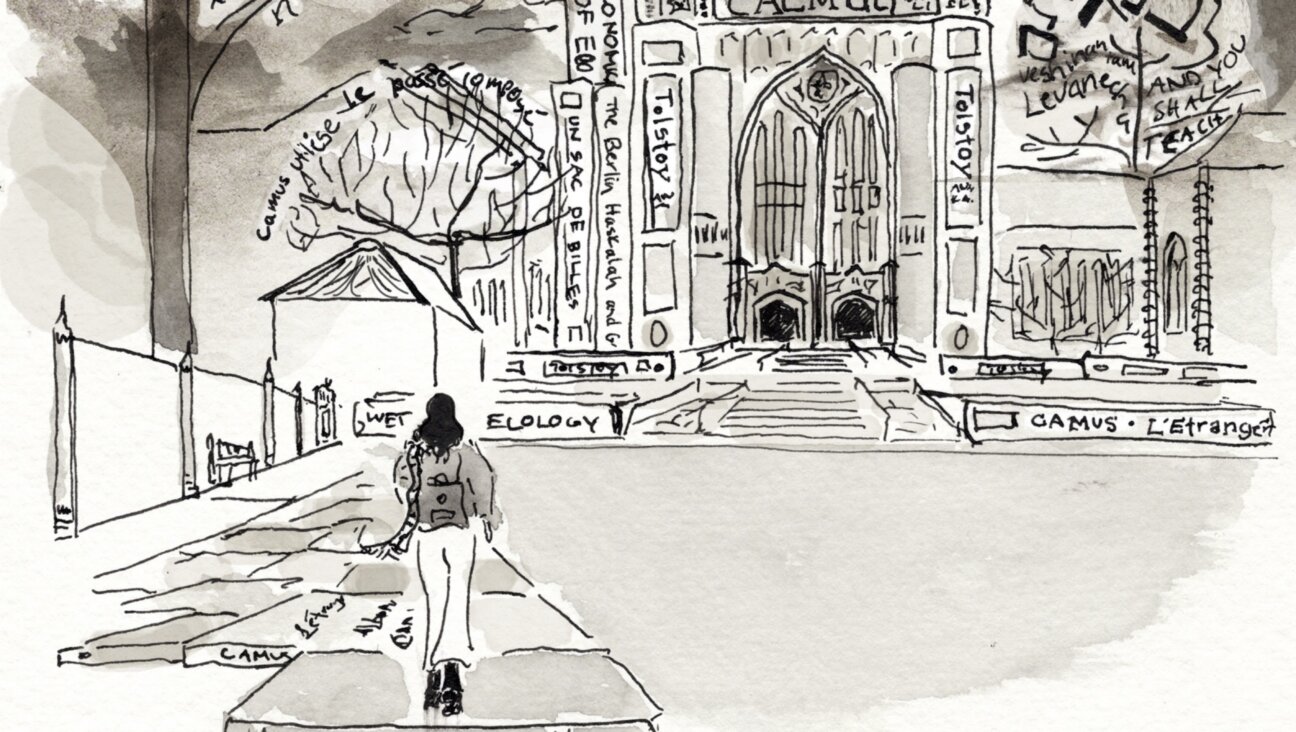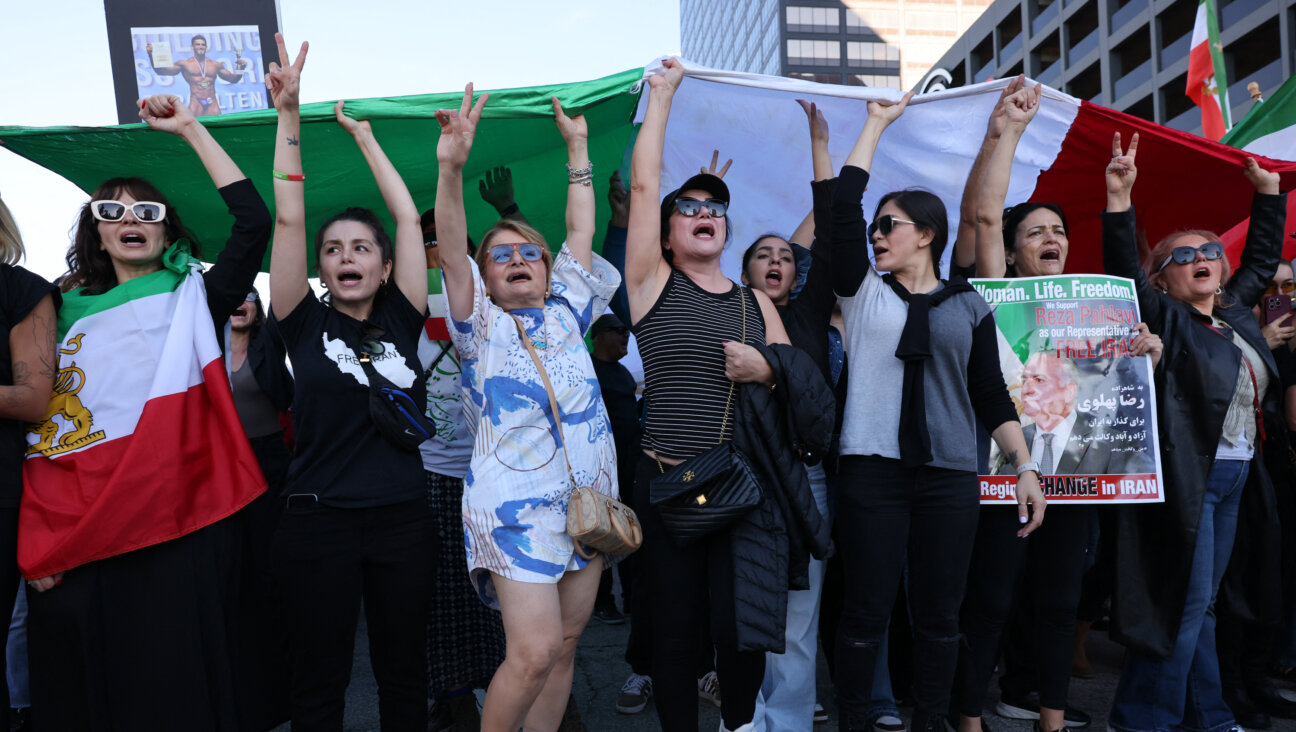A Fourth of Jew-ly Celebration
As a young child, I always loved the Fourth of July — the fireworks, the meat on the grill, the picnics and everyone seeming so grateful to be American. As I got a little older and learned about the Founding Fathers, who cherished their principles and beliefs so much that they were willing to risk everything in the quest for freedom, the Fourth of July took on a much deeper meaning. And as a rabbi, I gained an appreciation of how the principles upon which this country was founded resonate with Jewish tradition. Indeed, I have come to see the Fourth of July as a profoundly Jewish holiday.
Deuteronomy teaches us “tzedek tzedek tirdof” — “justice, justice shall you pursue.” The Founding Fathers realized the importance of this idea. They established, for the first time in modern history, a new nation based on ethical principles: “We hold these truths to be self-evident, that all men are created equal, that they are endowed by their Creator with certain unalienable Rights, that among these are Life, Liberty and the pursuit of Happiness.”
The values enumerated in the declaration have deep roots in the Jewish tradition. We are taught that the concept of pikuach nefesh — of saving a life — is paramount, and our sacred writings stress the importance of living. “I have put before you life and death, blessing and curse. Choose life” (Deuteronomy 30:19). Our quest for true liberty is a unifying theme throughout Jewish history, from the Exodus to the Maccabees to Israel’s early pioneers. “I will walk about in freedom, for I have sought out your precepts” (Psalm 119:45). Finally, “the pursuit of happiness” is one of the basic tenets of our religion. “Serve God in joy” (Psalm 100:2).
It is no coincidence that Jewish values and the convictions of the founders would be so similar. Indeed, what many people do not realize is how strongly Jewish history actually influenced the men behind our Declaration of Independence.
Of the five men who wrote the initial draft of the declaration, three were additionally selected to create a Great Seal for the United States. On July 4, 1776, the day that independence was declared, John Adams, Benjamin Franklin and Thomas Jefferson were asked to design this seal, and in their deliberations we see the Jewish influence on our country.
Both Franklin and Jefferson wanted the seal to include imagery of Moses leading the Exodus from Egypt, the crossing of the sea and God being present with the Israelites in their journey through the wilderness. In a note from August of 1776, Franklin wrote: “Moses standing on the Shore, and extending his Hand over the Sea, thereby causing the same to overwhelm Pharaoh who is sitting in an open Chariot, a Crown on his Head and a Sword in his Hand. Rays from a Pillar of Fire in the Clouds reaching to Moses, to express that he acts by Command of the Deity.”
According to his notes, Jefferson’s ideal seal included not only this imagery but also a depiction of “the children of Israel being led in the wilderness by a cloud by day and a pillar of fire by night.”
Although these images were not incorporated into the seal that ultimately was chosen by Congress in 1782, it is clear that the teachings of our text shaped America’s architects.
July Fourth is a time for us to be happy and grateful. We celebrate our ability to live securely and worship freely as Jews in this country — opportunities that did not exist for many of our ancestors and still do not exist for some Jews around the world today. And we rejoice in the manifold blessings of a country whose values are so consonant with our own.
Rabbi Michael Barclay teaches theology at Loyola Marymount University and is associate rabbi at the Temple of the Arts in Beverly Hills, Calif.















